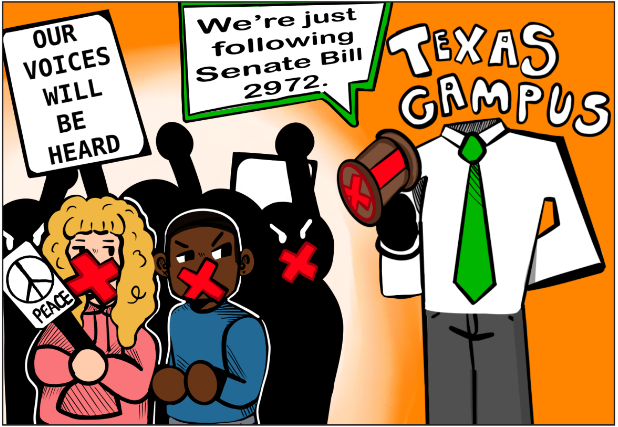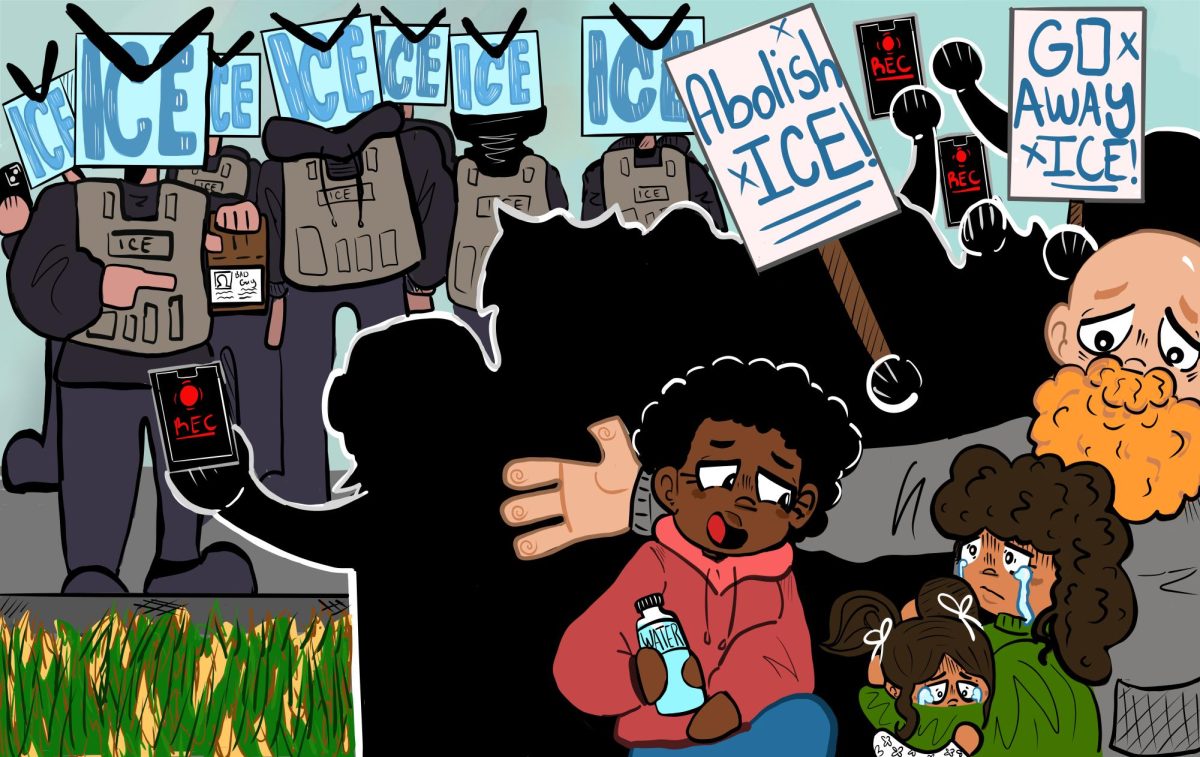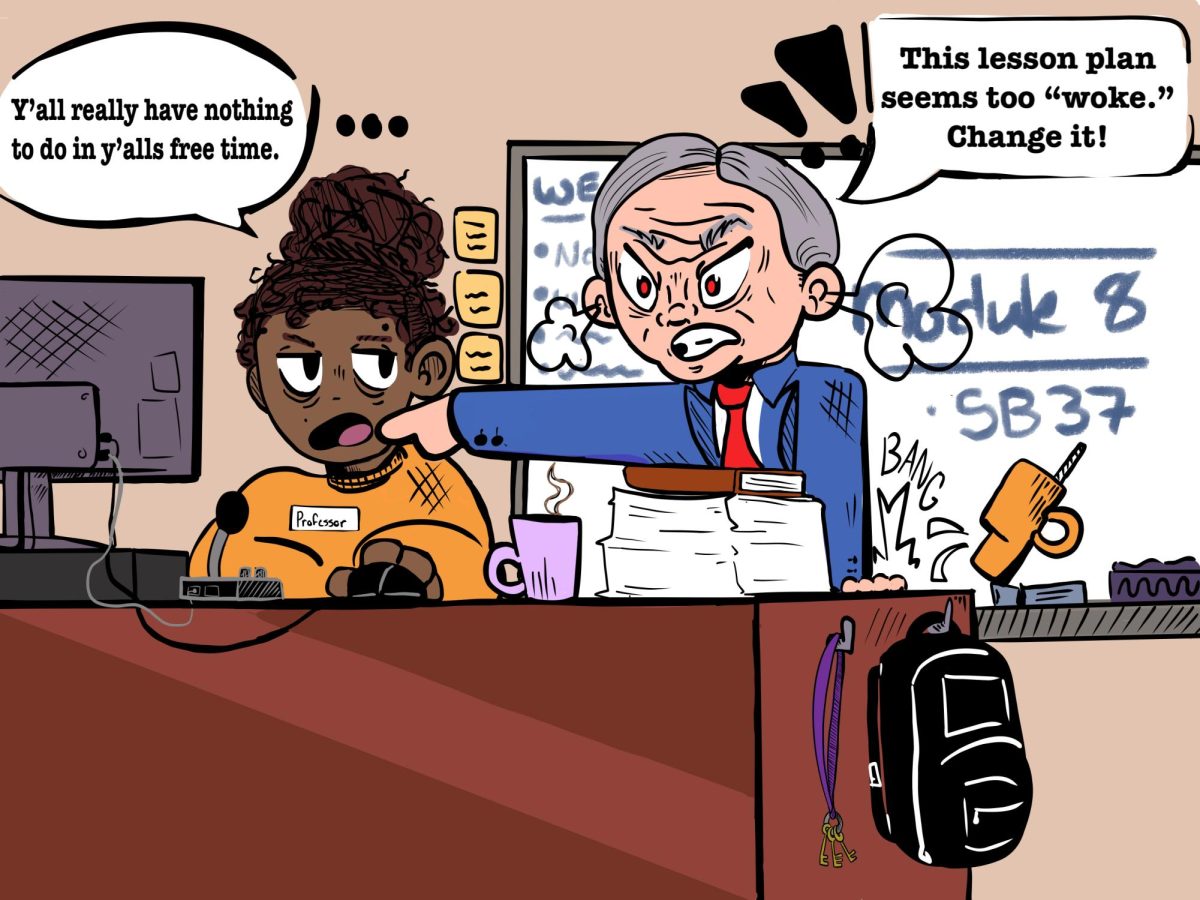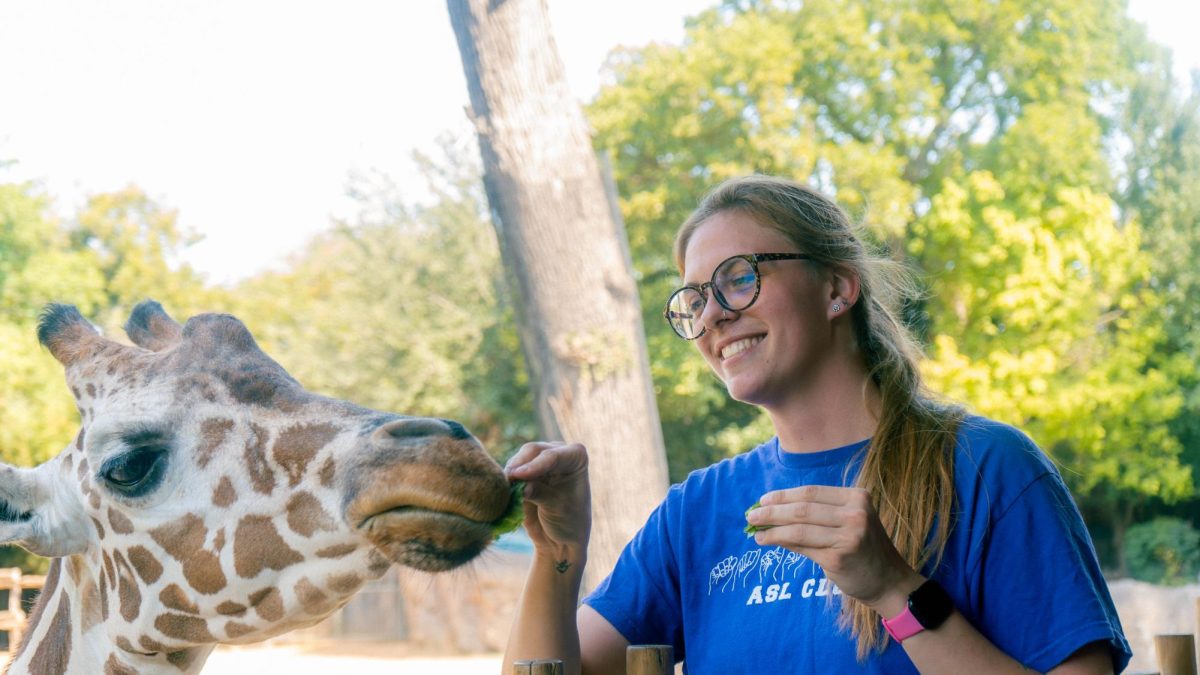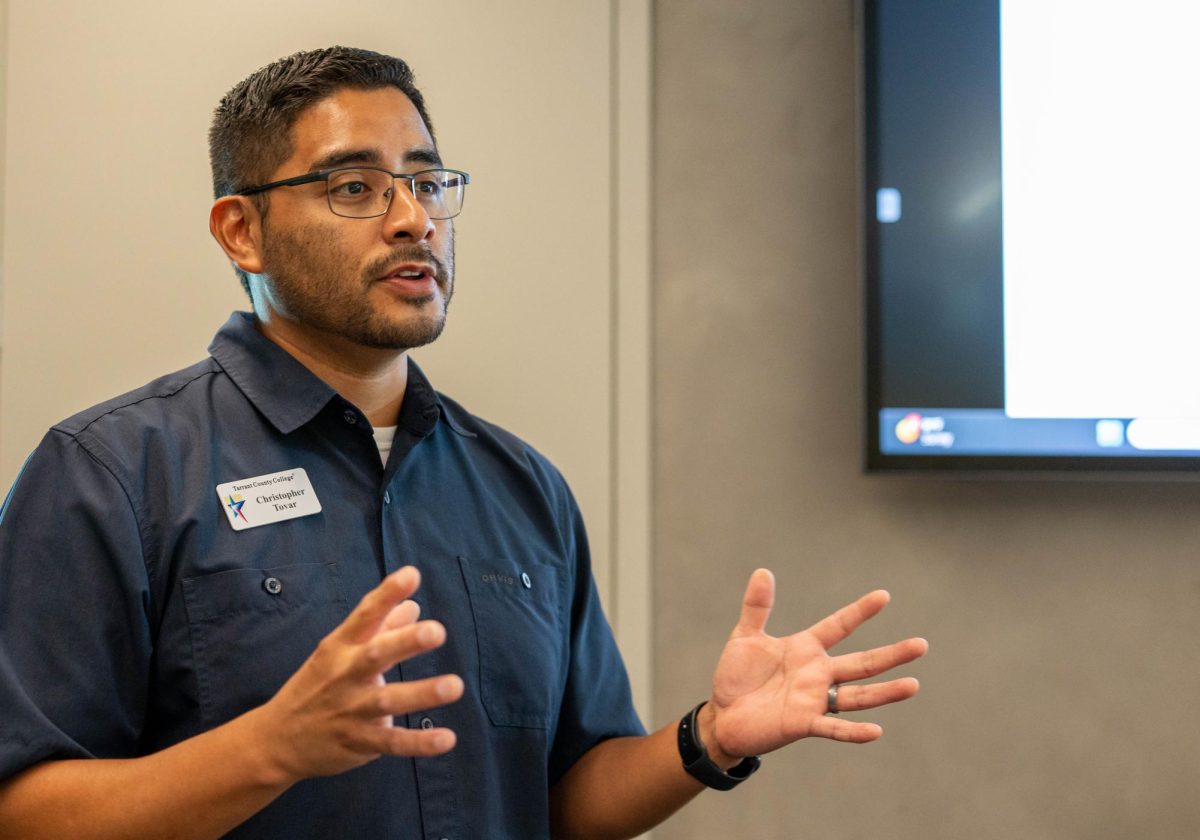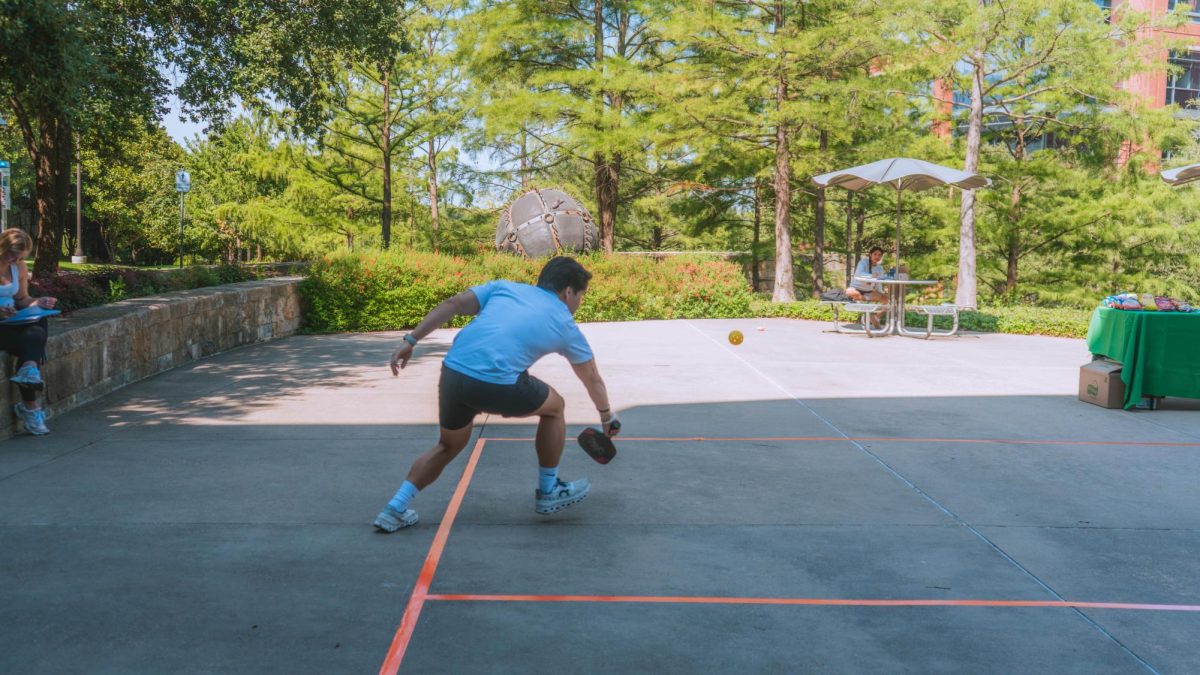The First Amendment rights of students at Texas universities are already being limited, and it’s only going to get worse.
Recently, the Foundation for Individual Rights and Expression, a nonprofit organization focusing on sustaining free speech, surveyed students at 257 universities nationwide regarding the extent of free speech on their campus.
The average ranking for Texas universities continues to decline. Now, it is an F.
The University of Texas, UNT, UT Dallas and Texas State University all received Fs in the latest survey. The best scores were given to UT Arlington and Texas A&M, which both received a D.
Universities are being told to restrict their public demonstrations, and now their campus events are being deliberately targeted.
At several Texas universities, including UTA, drag shows have been banned.
Republican lawmakers also sent a letter to UNT administrators calling for the removal of pro-Palestinian student artwork from a campus exhibit, saying that the artwork inflammatory and false.
Leaders are increasingly focused on controlling student expression, and it’s raising our concerns about free speech being under threat.
Gov. Greg Abbott recently signed Senate Bill 2972 that would prohibit any “expressive activities” on campuses from 10 p.m. to 8 a.m.
The bill went into effect on Sept.1.
“Expressive activities” means any speech or expressive conduct protected by the First Amendment to the United States Constitution or by Sec. 8, Article I of the Texas Constitution, and includes assemblies, protests, speeches, the distribution of written material, the carrying of signs and the circulation of petitions.
Such activities can now be considered unlawful. Enforcement of the bill means universities can discipline students for practicing any of these activities after 10 p.m.
The bill remains vague, allowing universities to decide for themselves what to enforce and how. When it comes to “expressive activities,” it can mean something as minor as wearing any political merchandise on campus after 10 p.m. or having politically affiliated signs.
FIRE filed a lawsuit against the University of Texas System in response to the bill.
“The First Amendment doesn’t set when the sun goes down,” FIRE senior supervising attorney JT Morris said in a news release.
This new bill completely reverses the efforts of SB 18, passed in 2019, which encouraged student free speech. This bill required universities to allow students to engage in free speech activities on campus, even creating disciplinary actions for anyone who interfered with those activities.
We have taken three steps backward instead of forward in terms of student speech.
There are still a lot of unanswered questions regarding the language of the bill, like what specifically are we as students allowed to do? What can we wear? What can we say? What does “expressive activities” entail?
This bill attacks our First Amendment right that protects free speech.
It might not be obvious, but our freedom is gradually being restricted.
Recently, an arts and sciences professor, Melissa McCoul, was fired from Texas A&M for referring to the existence of more than two genders during an in-class discussion.
A dean of the university and the head of the English department were demoted, according to the Texas Tribune.
McCoul’s discussion was interrupted by a student claiming she deemed it illegal for the professor to mention more than two genders because President Donald Trump frowned upon it.
She also claimed that the president is aiming to freeze funding for programs that promote gender ideology.
The student’s confrontation went viral on Twitter, prompting even Abbott to respond to it, calling for the professor’s termination.
As student journalists, we are alarmed by this trend, and we are worried about the potential harm to our freedom of press.
The recent restrictions on free speech in higher education may be just the beginning. Soon, the broader public could feel the impact.
This bill is just a breeze to the potential storm in the future.
























